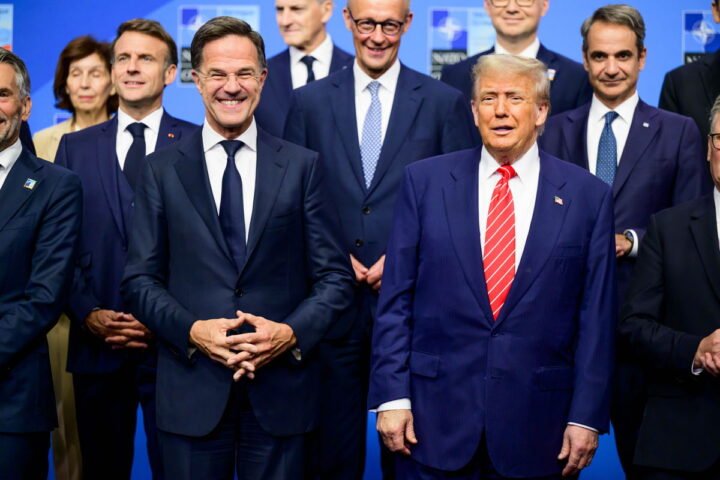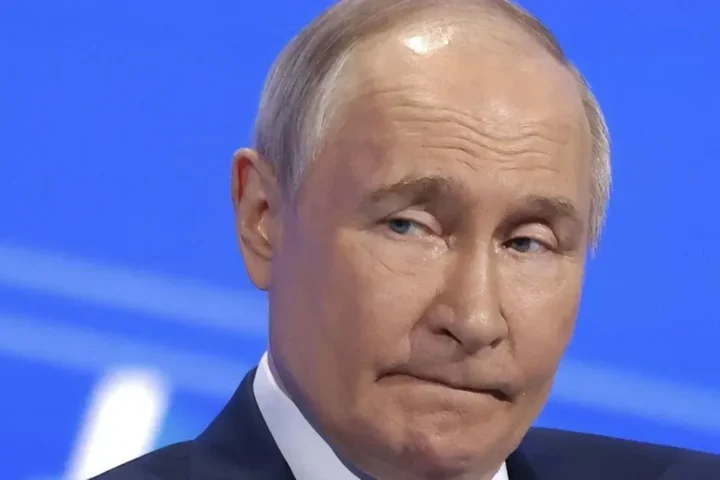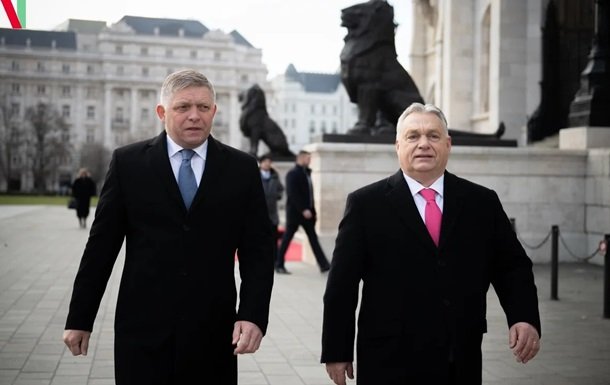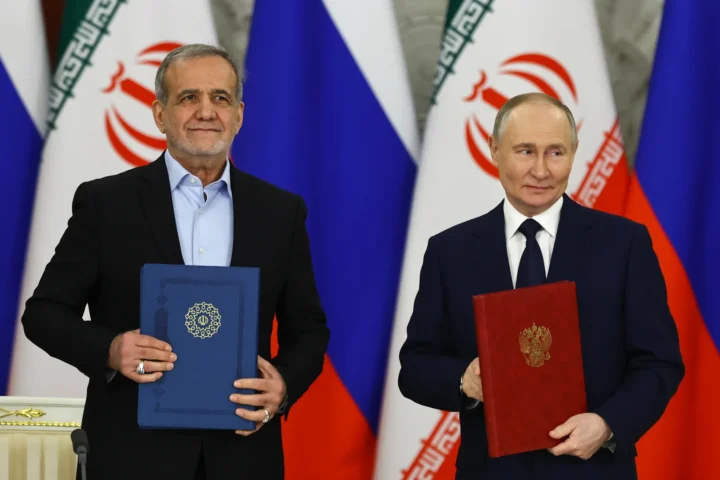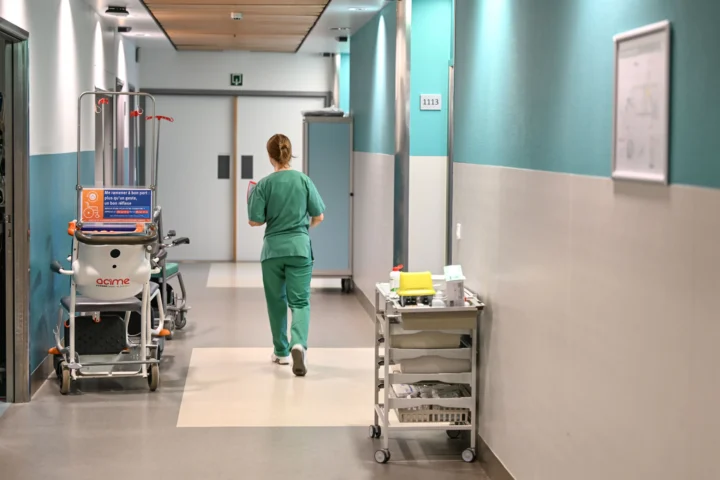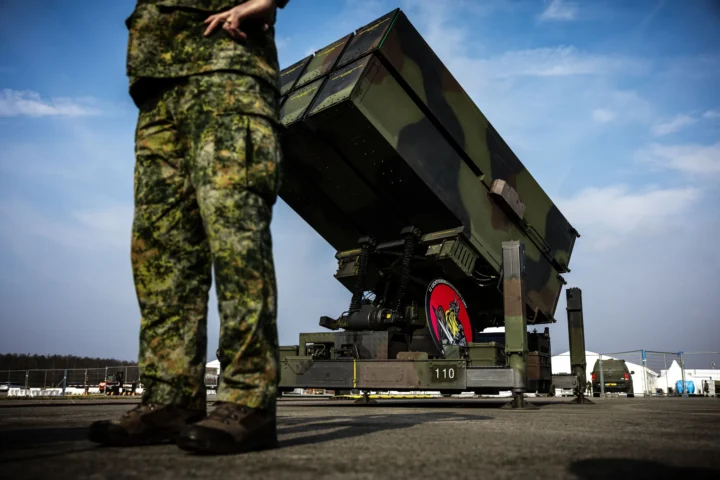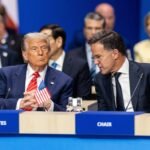NATO Summit in The Hague Highlights Defense Spending Concerns
During a NATO summit in The Hague on Wednesday, Prime Minister Bart De Wever emphasized the urgent necessity for European member states to take responsibility for their defense amidst growing global threats., reports 24brussels.
With defense spending at the forefront of discussions, member states have tentatively agreed to increase military expenditures to 5% of their GDP. This plan includes an allocation of 3.5% specifically for military spending and an additional 1.5% for infrastructure related to defense.
De Wever described the 3.5% target as realistic over a ten-year period, albeit acknowledging the challenges in achieving it. “It will not be easy to achieve it, though,” he stated during a press briefing.
Despite Spain’s resistance to the target, De Wever affirmed that there are no exceptions. “Everybody accepts the same text,” he noted, referring to the final declaration to be ratified during the summit.
“We have to take our own responsibility for the security of our own continent in a very difficult time”
The Prime Minister pointed out Russia’s increasing aggressive posture as a significant concern and noted that the United States is shifting its focus to the Indo-Pacific region. He stated that, “As Europeans, we should realize that our long break from history is over and that we have to take our own responsibility for the security of our own continent in a very difficult time.”
Difficult Decisions Ahead
De Wever recognized the historical context of defense spending, remarking that Europe managed similar commitments during the Cold War. “We always achieved these kinds of figures during the Cold War, but we have not been used to that for decades. We will have to take difficult decisions,” he commented.
Accompanied by other legislators, De Wever arrived in The Hague with a strategic defense vision that aims to elevate Belgium’s defense expenditure to 2% of GDP this year.
De Wever characterized Belgium as having previously been somewhat of a “freeloader” within NATO, stressing the importance of arriving at the summit with a clear agreement. He reiterated that Belgium had negotiated a longer timeline and greater flexibility in meeting the forthcoming spending goals.
Geopolitical Challenges
This summit marks De Wever’s inaugural NATO meeting since taking office in February. He highlighted the necessity for the organization to present a united front. “I think we should all watch our words, because we are threatened by emerging powers, on the one hand in the Indo-Pacific but also on the other hand by Russia’s armed imperialism. So now is not the time to roll down the street fighting,” he said.
Emphasizing the need for strategic autonomy, De Wever urged European nations to build their military capabilities over the next decade. “Otherwise, we will have to continue to suffer the geopolitical game rather than play it,” he warned.


